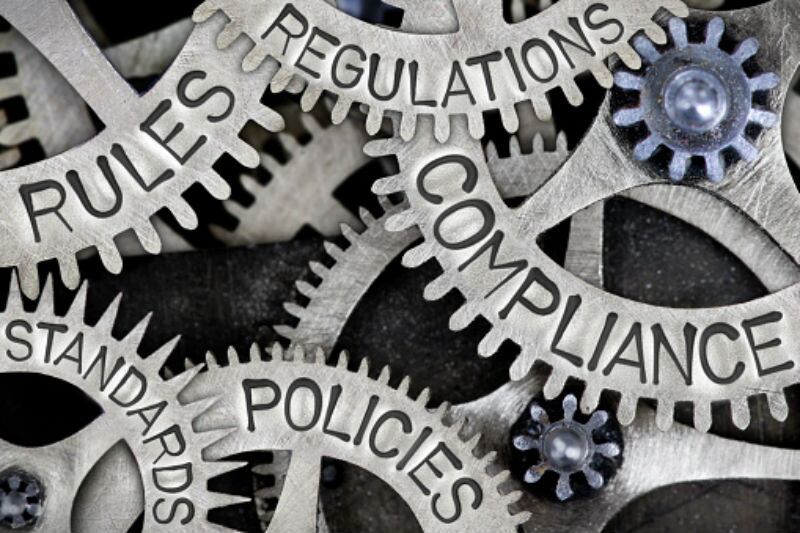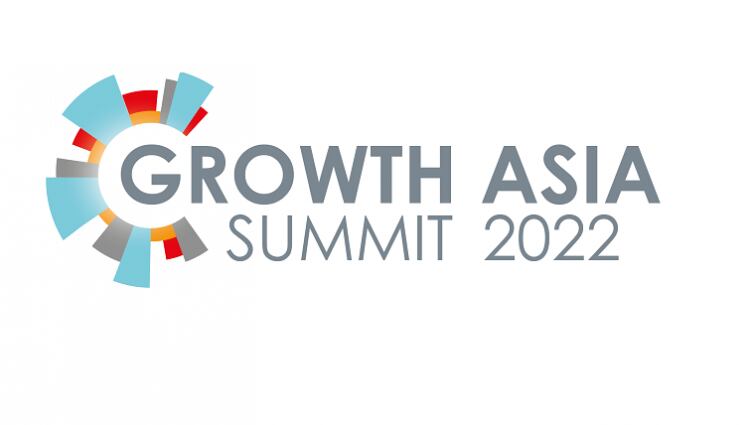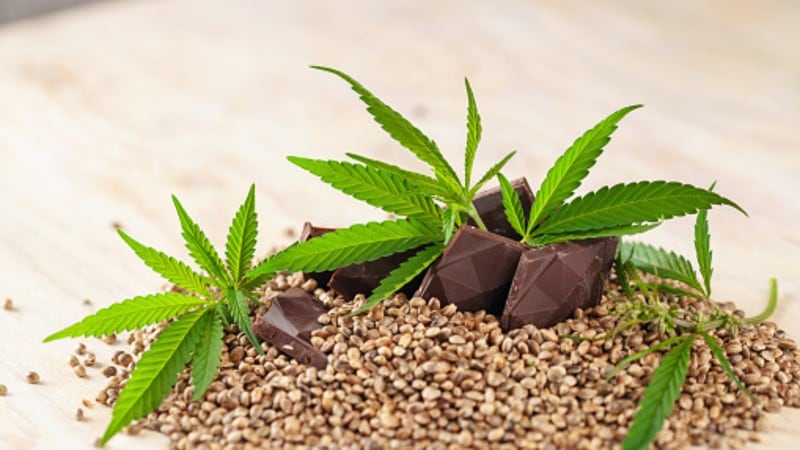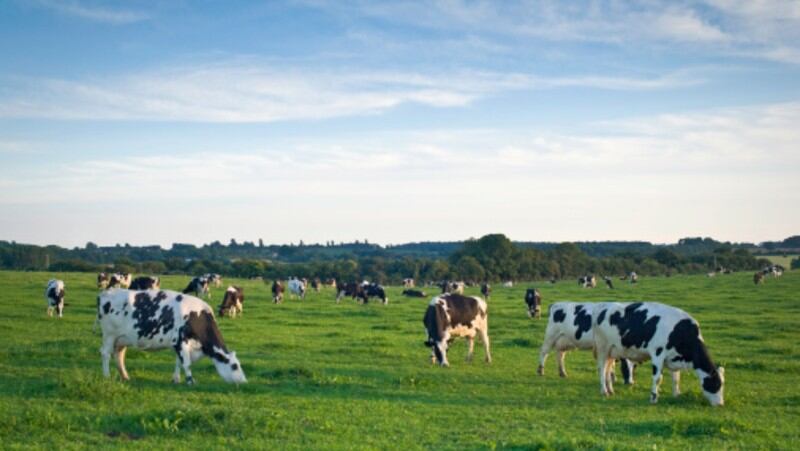‘Enforcing nutrition’: Malaysia formally updates zero alcohol beverage rules amid spate of labelling updates
The Malaysian government has formally gazetted new restrictions on the labelling of zero alcohol beverages, and updated specific ingredient contents and nutrition claims for all food and beverages
The labelling standard updates were put into play as far back as two years ago in 2020, when then-Minister of Health Dato’ Sri Dr Adham Baba was still holding the post, but have only recently been gazetted and formally included into the Malaysian Food Regulations.
As of July 2022, the post of Minister of Health is held by previous Minister of Science, Technology and Innovation Khairy Jamaluddin.
For non-alcoholic beverages, the most notable regulation for manufacturers to note is that all beverages that are dealcoholised – that is, produced with alcohol that is later removed from the product to make it non-alcoholic – are not permitted to use any of the standard non-alcoholic terms on the label in order to ‘avoid consuming consumers’.
Clear and present labels: Thailand mandates GMO declarations in latest food labelling regulatory update
The Thai government has announced several updates to the national food labelling regulations with food firms required to declare any use of genetically modified ingredients on food labels.
Previously, Thailand did not have specific regulations in place to govern the labelling of genetically modified ingredients on food product packages, but recently the Thai Ministry of Public Health announced that all food manufacturers handling GM products must now declare their use of these on their labels.
“The clear statement ‘genetically modified’ must be declared alongside the food name on the label if the product contains only one ingredient, and if it uses multiple such ingredients these must also be clearly declared accordingly alongside each ingredient,” Thailand Deputy Minister of Public Health Dr Satit Pitutecha said via a formal statement.
Securing Indonesia’s food safety: Government tightens rules for heavy metal contamination in processed foods
The Indonesian government has announced new, more rigorous regulations to control heavy metal contamination in processed foods within the local food supply, in response to rising consumer concerns.
Indonesia has been seeing increasing industrial activity such as reservoir development over the past few years, resulting in rising concerns of heavy metal leaching into waterways and the general environment.
With concerns surfacing amongst consumers on social media, the government has been seeking to quell these fears and another recent move was recently made by the National Agency of Drug and Food Control (Badan Pengawas Obat dan Makanan, BPOM), which issued a notice to adjust the limits of heavy metals allowed in processed foods to be enforced over 12 months.
“In order to protect the community from contamination in the food supply and to increase the competitiveness of Indonesian processed food products, heavy metals are a key area of governance focus,” BPOM Head Penny Lukito said via a formal statement.
Verifying vegan integrity: India mandates traceability as key criterion for firms to obtain regulatory approval
The Food Safety and Standards Authority India (FSSAI) has specified supply chain traceability up to the manufacturer level as a key criterion for food firms manufacturing vegan products to obtain the relevant regulatory permissions.
Specific regulations to govern vegan foods and beverages have been in the works since last year, when FSSAI issued a notification on draft regulations specifying the creation of a new logo specifically for vegan foods in addition to labelling and display requirements.
Earlier this year, the agency implemented the enforcement of new vegan regulations with immediate effect but with an interesting addition, which was the mandating of traceability within the production value chain of all foods and beverages looking to make the vegan claim.
“There shall be traceability established up to the manufacturer level, and the [relevant food firm] shall comply with any other requirements specified by the Food Authority to maintain the vegan integrity of the foods or food ingredients or products,” FSSAI CEO Arun Singhal said via a formal statement.
Japan GM foods update: Tighter labelling regulations issued for products with genetically modified components
Japan has updated its food labelling regulations for foods with genetically modified components, and will enact a national ‘non-GM’ labelling system update in 2023.
Earlier this year, the local Consumer Affairs Agency (CAA) published documentation announcing that nine major agricultural products are now subject to mandatory GM labelling (up from the previous eight), as are processed foods that use these as ingredients.
“In Japan, the nine major agricultural products that are now subject to mandatory GM labelling are soybeans, corn, potatoes, rapeseed, cottonseed, alfalfa, sugar beet, papaya and mustard greens – [mustard greens] are the latest addition to this list as GM mustard greens recently received the approval and green light by authorities for sale in Japan,” CAA said via a formal statement.





